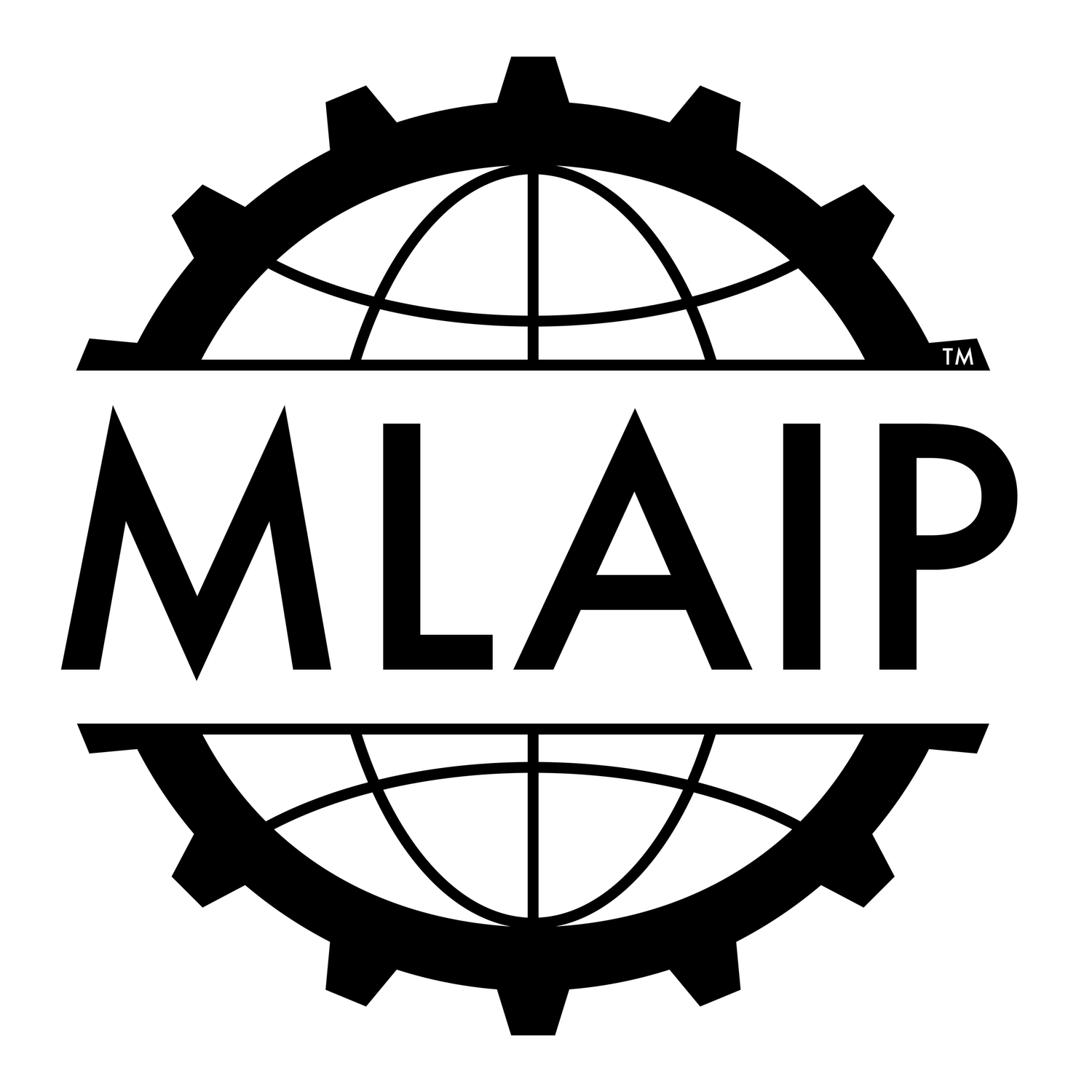
The following slides were prepared by the MLAIP team based on decades of experience with entrepreneurship and intellectual property law. This presentation was first delivered at Victoria Tech Week on November 19, 2025, at VIATEC Fort Tectoria in downtown Victoria, BC, Canada. We are making the slides available for purchase to support our work with clients in Canada and the US. Please contact us you are pre-revenue and would like a courtesy copy.
The following educational presentation was prepared based on decades of experience with entrepreneurship and intellectual property law. A truncated version of this presentation was delivered to the 1 Million Cups or “1MC” community in Omaha, Nebraska, on June 4, 2025, at the Millwork Commons in Downtown Omaha. The slides are provided below for your reference. Please contact a member of our team with questions.
An inventor is a person who contributes toward conception of an invention defined by a patent claim. Who conceived the claimed invention and who merely reduced the invention to practice are threshold questions in determining inventorship. Simply put, unless a person contributes to the conception of inventive subject matter of at least one claim in a patent application, they are not an inventor and should not be a named inventor on the application or any patents issued therefrom. This may be true even if the person works directly with the inventor to make their idea a reality because reduction to practice, per se, is irrelevant if the inventor has a complete conception of the invention and directs the work.
Various government fees must be paid when filing, prosecuting, and maintaining US patent applications to avoid abandonment. The due dates vary whereas the amounts due are most often relative to your fee level at the USPTO. The standard fee level is “large entity.” Most large, sophisticated companies are large entities. To incentivize innovation, the USPTO reduces most (but not all) government fees by fifty percent (50%) for a “small entity” and by seventy-five percent (75%) for a “micro entity” - provided that a valid entity status claim is made in due time.
All persons associated with a pending US non-provisional patent application have an ongoing duty of disclosure requiring them to inform the Examiner about any known prior art reference that the Examiner may consider “material” to the patentability of the pending application. By “all persons,” they mean each inventor, the Applicant, its representative, and any agents thereof must satisfy the Duty. Any doubts about whether or not to disclose a particular piece of information should always be resolved in favor of disclosure.
An NFT is a digital asset that represents another object, such as a work of art, a musical composition, a video, or a 3D model. They are stored on a digital ledger and may be bought and sold online, typically with cryptocurrency on large global markets. The legal issues associated with NFTs are similarly to those of the underlying digital asset, making it important to conduct due diligence on a number of common legal issues well in advance of minting day.
Patents provide rights to exclude others from making, using, or selling your claimed inventions. Conducting a ‘Landscape Search’ before or during development may help to maximize a defensible claim scope and guide the design process away from existing patent rights.
Trademarks protect your brand name and business reputation. Conducting a "Knockout Search" before you start building the brand, applying for trademark registration in one or more countries, and/or making like investments may help to maximize your protections and avoid liabilities.








